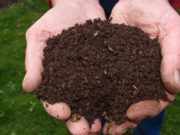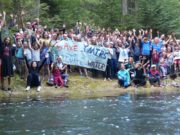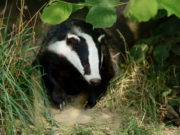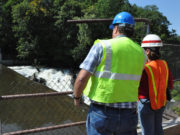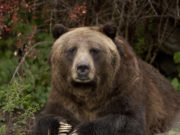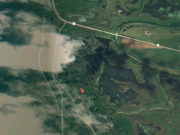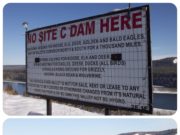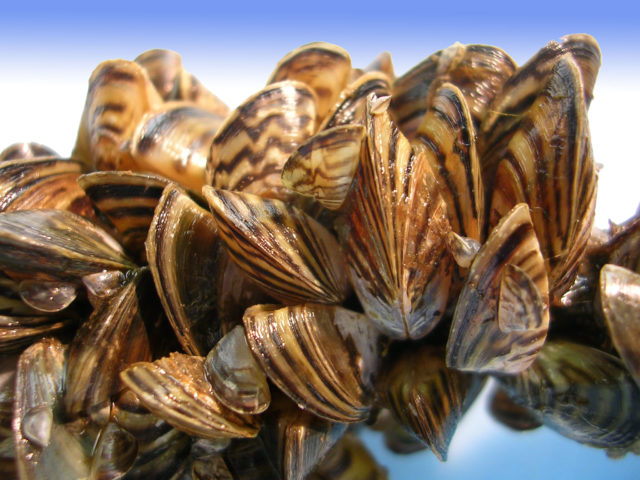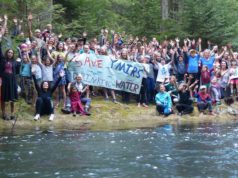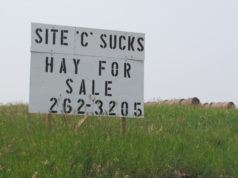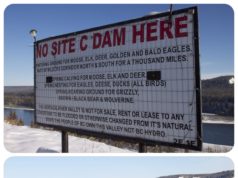The Central Kootenay Invasive Species Society (CKISS) (formerly CKIPC) is a non-profit society that was formed by a group of residents and company/agency representatives in 2005 who were interested in promoting collaborative approaches to invasive species management. The Society includes representatives from non-profit societies, utility companies, government agencies, and regional companies.
The purposes of the Society within the geographic area of the Regional District of the Central Kootenay and Areas A & B of the Regional District of the Kootenay Boundary, are to:
- Raise awareness and educate the public, government agencies, and other land managers about invasive species and their impacts in the area;
- Prevent the further introduction and spread of invasive species in the area through education and awareness, early detection and control, and coordinated integrated weed management efforts;
- Promote coordinated and collaborative management of invasive species between agencies and land occupiers;
- Work towards the control/containment of highly invasive non-native species; and
- Provide a conduit for information and a source of expertise on invasive species
Key Players
CKISS fosters a strong and growing network of partners who are collaborating to minimize the impacts of invasive species on the ecosystems, communities, and economy of the Regional District of Central Kootenay and the Regional District of Kootenay Boundary Area A and B.
Board of Directors
· President: Laurie Carr
· Vice President: Tom Bradley, Slocan Integral Forestry Co-Operative and West Kootenay Woodlot Association
· Treasurer/Secretary: Terry Anderson, Ministry of Forests Lands and Natural Resource Operations
· Directors:
· Allan Freeborn, Kootenay Weed Control
· Malcolm Fitz-Earle, Professor in Genetics and Ecology
· Jim May, Past President Consultant
· Alan Stanley, Regional District Kootenay Boundary
What role is the BC government currently playing with regards to invasive species management?
Currently there are several pieces of legislation used to address invasive plants in British Columbia including the Weed Control Act and Integrated Pest Management Act.
What role should the BC government play?
Healthy ecosystems are vital to human existence. Locally, they provide economically valuable and essential needs such as clean water, stable slopes,flood retention and control, safe food supply, and genetic biodiversity to prevent catastrophic disease
losses. Ecosystems provide sustainable resources for fiber, building products, and recreation. If ecosystems fail, all of these services and resources cost more. The BC Green Party supports using science-based management to address threats to healthy ecosystems in BC.
Contact
CKISS operates within the boundaries of the Nelson Creston Riding as well as the Nakusp and Lower Arrow Lake area. Jennifer Vogel, the Executive Director can be reached by phone at 1‐844‐352‐1160 or email at jvogel@ckiss.ca.



